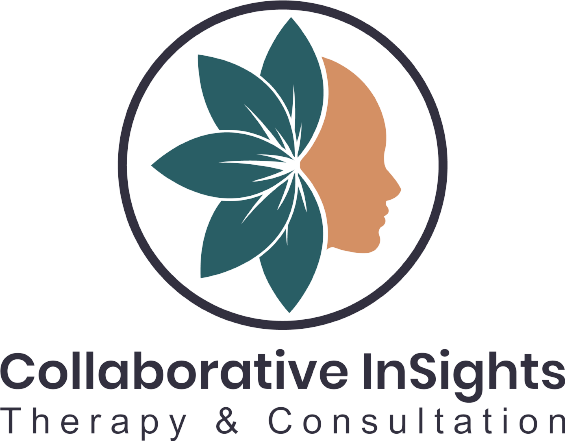Have you noticed that your mood changes according to your menstrual cycle? You’re not alone and there isn’t something ‘wrong’ with you either! As your hormones change during your cycle, so can your mood. This is natural and yet many of us have been conditioned to disregard, numb or try to “fix” these changes simply because they are inconvenient or unpleasant. However, by knowing yourself and your body more, you can learn to flow with your cycle instead of fighting against it each month.
Since it’s likely been a while since your last health education class, let’s review the facts about menstrual cycles and dive into some helpful tips. Please remember to always consult with your doctor or medical or mental health professional if you need more support.
A menstrual cycle commonly lasts anywhere from 23 to 35 days.
Phase 1 is the start of your period, or menstruation. During this time, you may experience cramps, stomach and back pain, inflammation, increased risk of illness and fatigue. This is a good time to rest and move your body gently rather than engaging in vigorous physical activity. Anti-inflammatories and pain relievers as well as applying warm compresses and baths may help alleviate physical discomfort.
Phase 2, The Follicular Phase, starts with your period. After menstruating, rising estrogen levels and a burst of testosterone often contribute to increased energy and a more positive mood. This phase is characterized by a sense of renewal and readiness. You may be primed to focus more on exercise and strength training during this phase with increased motivation.
Phase 3, Ovulation, approaches in the middle of the cycle, estrogen levels continue to rise, often leading to heightened emotions, greater sociability, and an increased interest in socializing and connecting with others. You may also experience higher body temperatures so be sure to stay hydrated!
And finally, Phase 4 is the Luteal Phase, following ovulation. During this time, progesterone levels rise. This hormone can bring about mood changes such as irritability, changes in mood, and increased sensitivity to stressors. You may experience a sense of introspection and heightened emotional awareness during this time.
Just before menstruating, hormone levels drop sharply and some people experience premenstrual syndrome (PMS), characterized by changes in mood, increased anxiety, and irritability. Premenstrual Dysphoric Disorder (PMDD) is a very severe form of PMS. These symptoms vary widely among individuals but often resolve with the onset of menstruation.
Understanding these hormonal fluctuations can empower you to recognize and manage your emotional well-being throughout your menstrual cycle. By acknowledging and embracing these natural changes, you can navigate your emotions with greater ease and self-awareness.
For non-menstruating folx: Here’s how you can support the menstruating people in your life: Educate yourself on cycles and hormone changes, Communicate and ask about how their needs may change throughout their cycle and especially during their period (ex: do they need more support or more space?). Give them grace for a wider range of feelings during their period and maybe also give them their favorite snack!
Written by Anna Marchese, MSW, LCSW, Mental Health Therapist, Reiki Master & Yoga Teacher at Collaborative InSights, LLC. Anna is currently accepting new clients for telehealth and in-person therapy and reiki sessions. Contact her at annamarchese@collabintherapy.com


